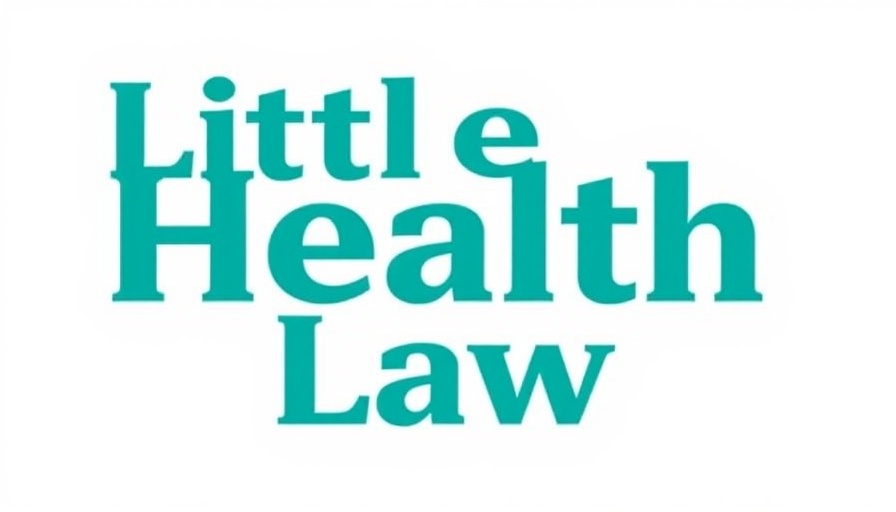
Adapting to Post-Pandemic Medical Practices
For concierge medical practice owners, understanding the evolving landscape of telemedicine is essential to remain competitive while ensuring compliance with regulations. Since the COVID-19 pandemic, telemedicine has transformed healthcare delivery, allowing practitioners to prescribe controlled substances with increased flexibility. The DEA has now issued a Third Temporary Extension of these flexibilities, effective from November 19, 2024. This extension keeps the streamlined tele-prescribing protocols in place, providing a crucial adjustment period as the DEA and the Department of Health and Human Services work through feedback on new telemedicine regulations.
The Motivation Behind Continued Flexibility
Despite the expiration of the federal public health emergency on May 11, 2023, the DEA continues to extend tele-prescribing flexibilities to allow further review of public comments on proposed rule changes. These rules focus on expanding telemedicine's reach while ensuring control measures against diversion of controlled substances. With almost 40,000 comments received, these extensions offer a significant opportunity for concierge practices to refine their telemedicine strategies and integrate feedback-driven regulations without sudden shifts.
Looking Forward: Future Trends in Telemedicine
The DEA’s decision highlights ongoing trends that favor the integration of technology into healthcare delivery, particularly telemedicine. As concierge practices look towards the future, embracing these digital solutions not only solidifies their standing as leaders in patient-centered care but also gives them the tools to meet growing patient expectations for flexibility and convenience. Understanding the potential trajectory of these regulatory changes helps practitioners stay informed and prepared for future developments that may broaden the scope of tele-prescribing, ultimately enhancing patient service delivery.
 Add Row
Add Row  Add
Add 






Write A Comment